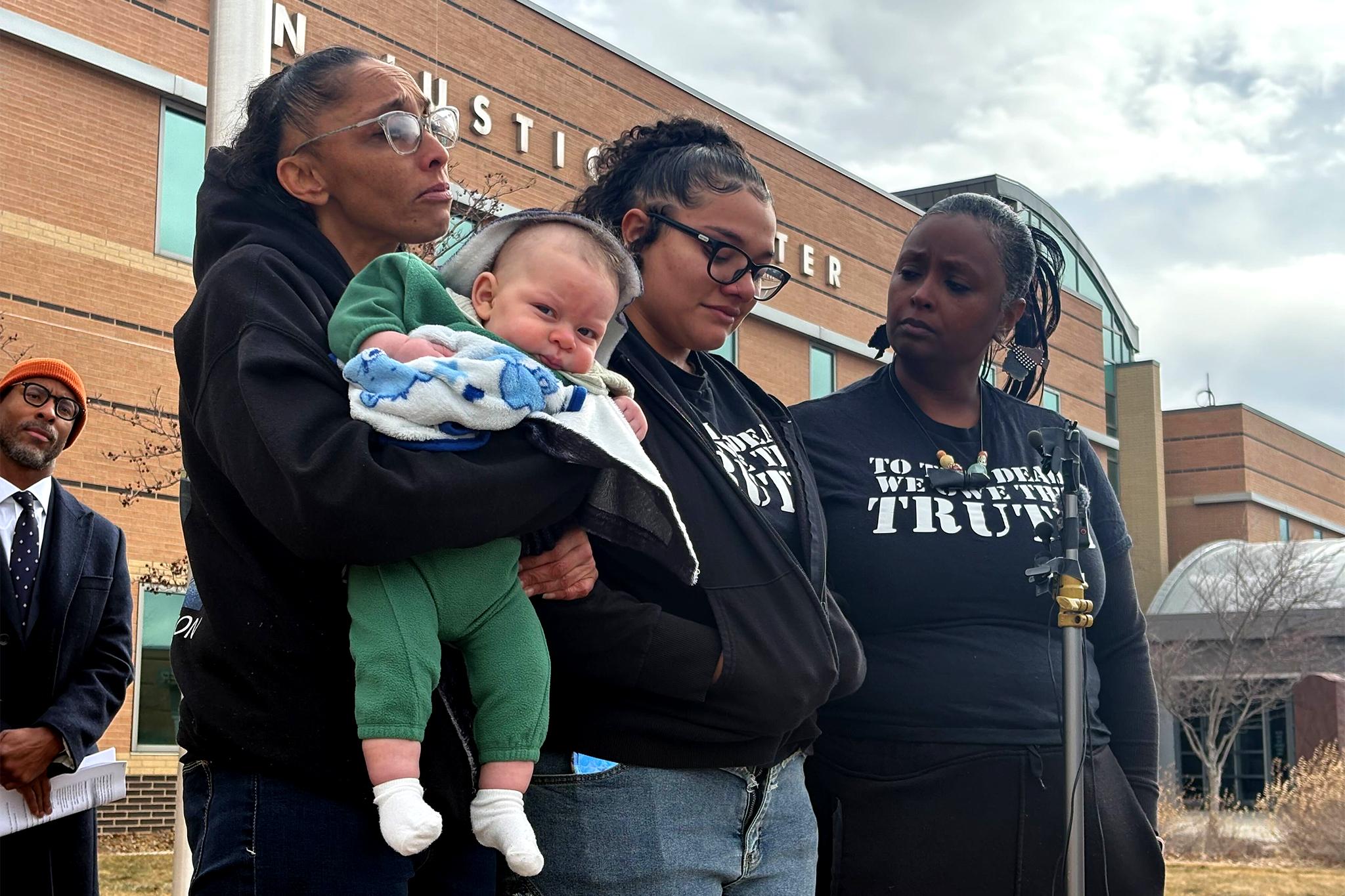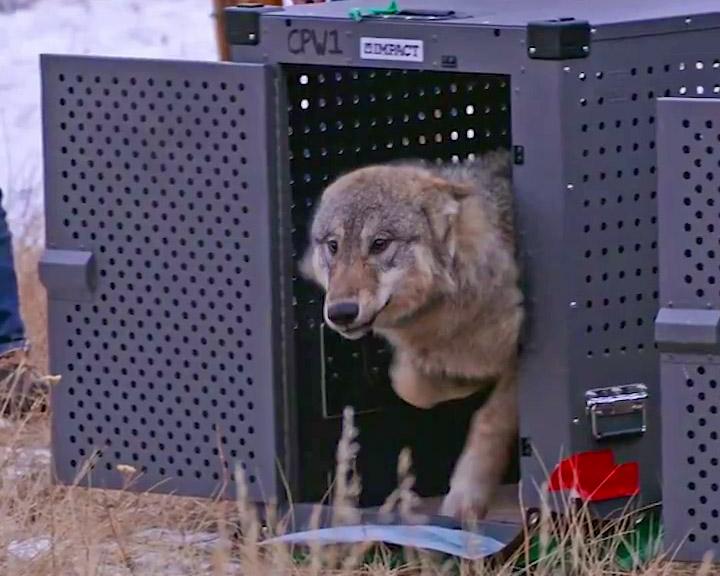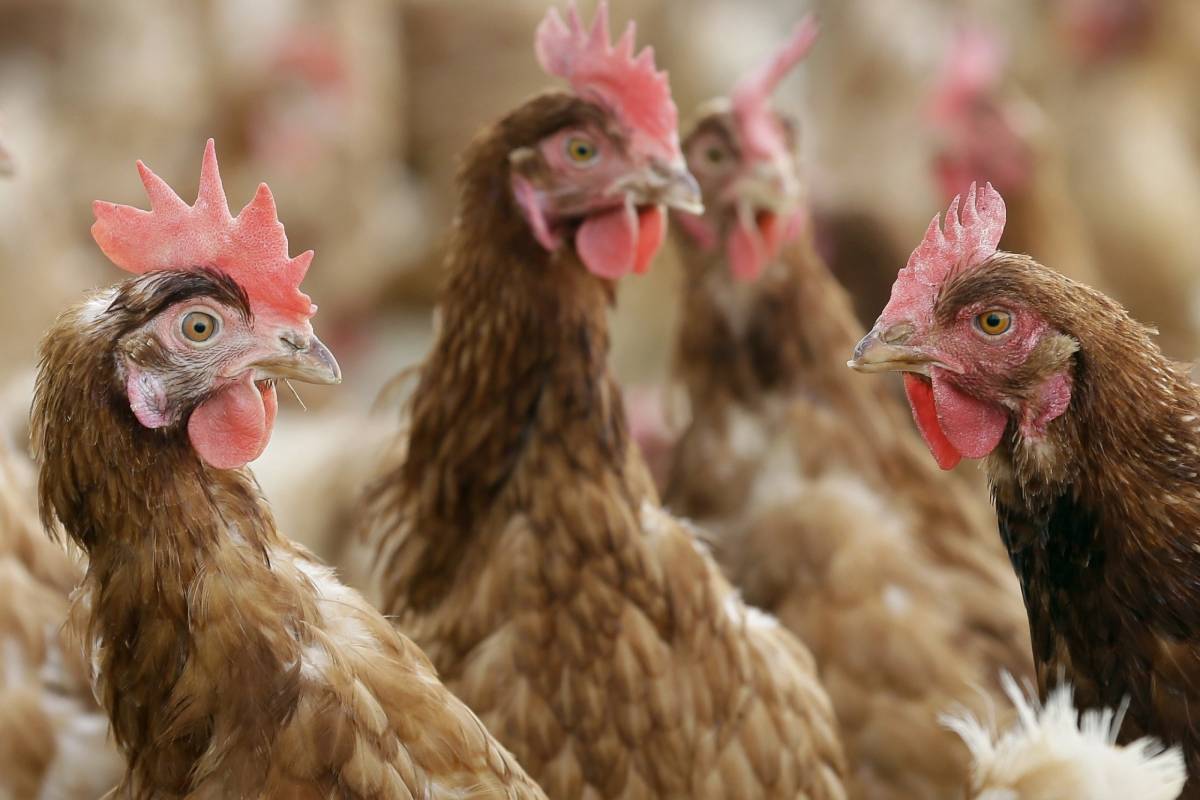
When toymaker Mattel introduced its first Computer Engineer Barbie a few years back, Casey Fiesler found a lot not to like. In fact Fiesler thought the backstory Mattel made up for Barbie was so bad it must be a satire. Mattel had Barbie designing -- but not coding -- a videogame, and relying on two male friends to debug her computer.
In just a few hours, Fiesler, then a doctoral student and now an assistant professor of information science at the University of Colorado, tapped out a "remix" of the story. This time, Barbie led the team that designed and coded the game. It wasn't long before Fiesler's remix, and her critique of the doll, went viral.
In 2016, Mattel made a second attempt at a Barbie that would encourage girls to consider careers in the STEM -- Science, Technology Engineering and Math -- fields. This one was called Game Developer Barbie, and Fiesler gave it a positive review.
Somewhere along the way, Mattel picked up on what Fiesler calls her "Barbie punditry." About a year ago, the company called her in to consult on a book called "Code Camp With Barbie and Friends," that introduces coding concepts. The book accompanies Mattel's new Robotics Engineer Barbie, whose look has changed along with her career choice. She wears practical but trendy clothes and carries a laptop and a small robot. Mattel has also partnered with the educational programming site Tynker to offer free online coding lessons starring the doll.
Colorado holds a special place in Barbie history. Mattel's co-founder, and Barbie's creator, was Ruth Handler, who grew up in Denver. Handler named Barbie and Ken after her daughter and son.









